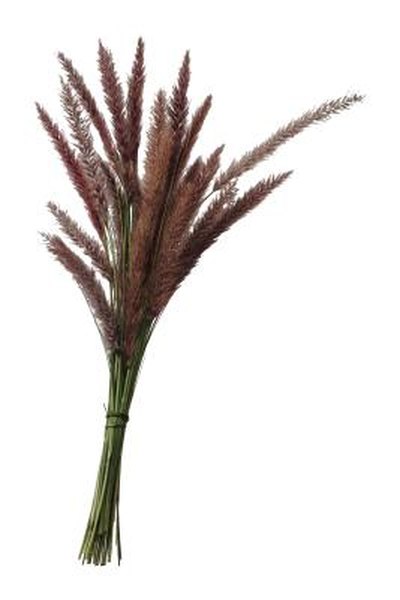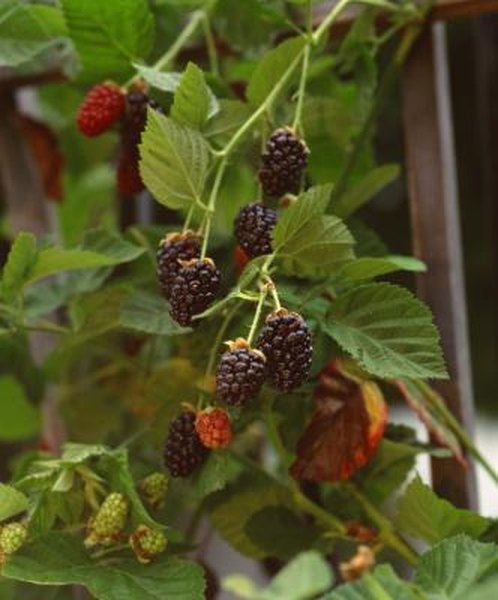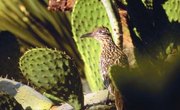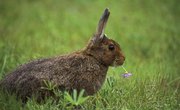
Louisiana is famous for its marshy bayous and coastal plains that create a unique ecology. When exploring nature in Louisiana, it's critical to understand what plants are edible and which ones are likely to make you sick. Once you have some familiarity with the Louisiana flora and can positively identify any any plants you consider eating, it will be safe to enjoy nature while taking sustenance from it as well.
Flowering and Leafy Plants

Medioimages/Photodisc/Valueline/Getty Images
Many of the most filling wild plants in Louisiana are leafy shrubs and flowers with edible leaves and blossoms. The entire plants of the orach and the lotus flower (Nelumbo lutea) can be eaten. The chicory plant's roots are famously used to flavor New Orleans café au lait, but the entire plant is edible as well. The roots of the arrowhead plant are edible but should be boiled, if possible.
Grasses and Reeds

Brand X Pictures/Brand X Pictures/Getty Images
Grasses are an important source of wilderness survival because they often contain valuable sugars. In addition, edible reeds are very filling. Common edible grasses and reeds in Louisiana are the foxtail grass (but not false foxtail, which is inedible) and cat tails are easily found in the wild as well. Sugar cane is popularly cultivated for refining into sugar or molasses but can be found in the wild. Of course, the common reed (Phragmites) is very common in marshy areas throughout Louisiana and can be eaten.
Berries

Jupiterimages/Comstock/Getty Images
Berries are among the most prized edible plants in the wild, but because many of them are poisonous is is crucial to know how to identify them properly. A quick mnemonic for identifying if a berry is safe to eat is to count the number of leaves: "leaves of three, not for me. Leaves of four, have some more." Because this rule is not infallible, seek out recognizable berries first and avoid conspicuous ones entirely. Common safe berries in Louisiana are mulberries (black or red), blackberries, and dewberries.
References
Writer Bio
Tom Pace has been writing since 2000. His work has been featured by websites such as I-Mockery and his first book was published by Virtual Bookworm in 2005. Pace has been trained to coach students preparing for the GRE. He is pursuing a Bachelor of Arts in religious studies at the University of Chicago.



